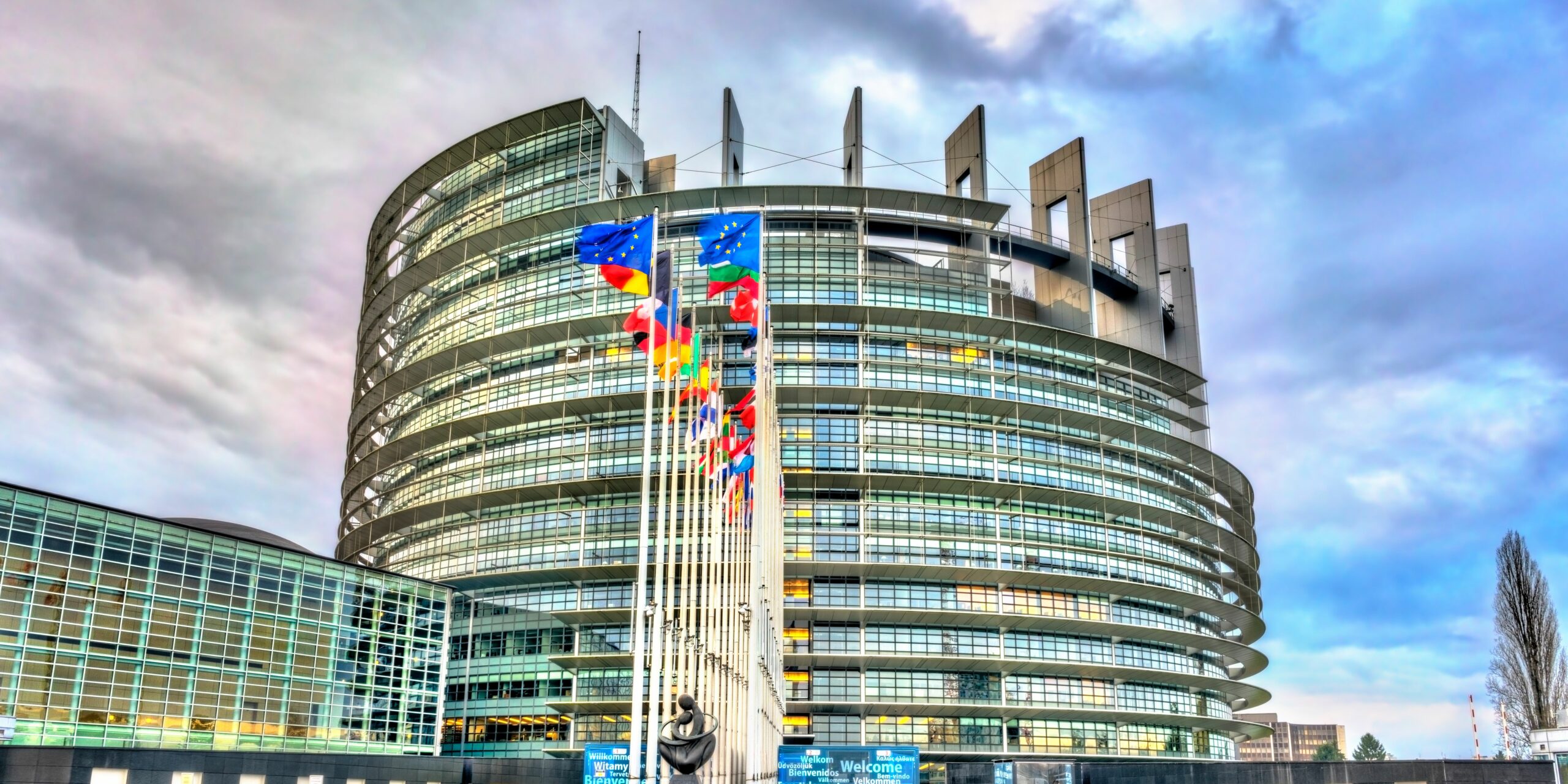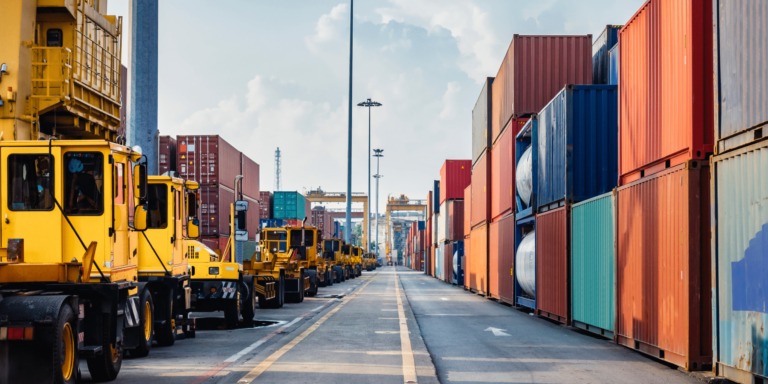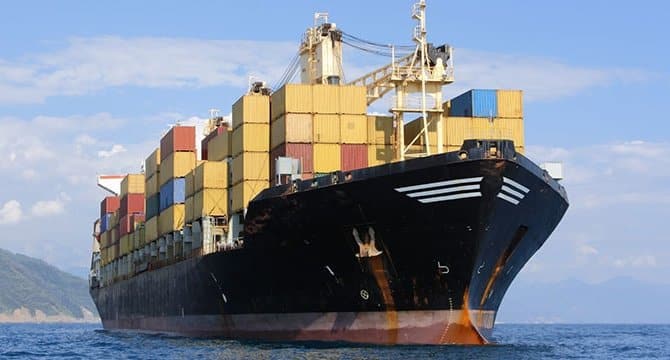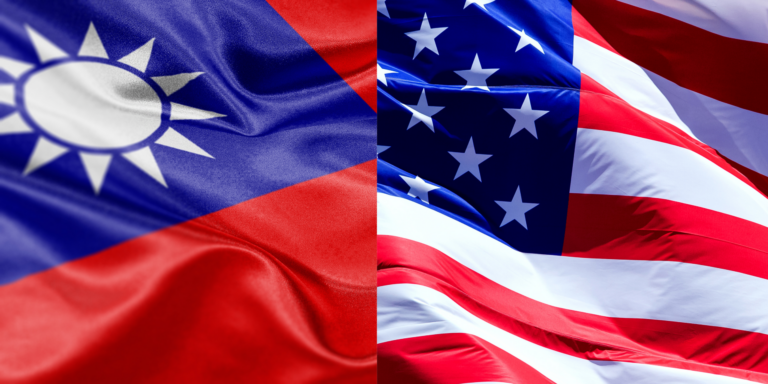Breaking Chains, Building Rights: EU’s Ban on Forced Labor Products Marks a Turning Point in Global Supply Chains
The European Union (EU) has taken a significant step in fighting forced labor by agreeing to ban products made with forced labor from entering its single market. The European Union Council and the European Parliament reached a provisional agreement on Tuesday that clarifies the responsibilities of the EU Commission and member states in identifying companies exploiting forced workers and banning their products.
The agreement intends to break the business model of companies that use forced labor, according to Pierre-Yves Dermagne, Belgium’s Economy and Labor Minister. “With this regulation, we want to make sure that there is no place for their products on our single market, whether they are manufactured in Europe or abroad,” he said. Belgium is currently holding the rotating presidency of the EU.
The ban will apply to goods made outside the EU with forced labor and products manufactured in the EU with parts made abroad with forced labor. Such measures are an essential way to close the market to the goods produced in exploitative conditions and uphold labor rights principles in the EU.
This is good news for workers who continue to face exploitation around the world, particularly in the global south. The measures will strengthen human rights across supply chains and prevent companies from profiting through the abuse and exploitation of workers. The ban could also have a positive impact on businesses that prioritize ethical production practices and businesses committed to creating sustainable supply chains.
The provisional agreement still requires approval from both the European Parliament and the Council to be enforced formally. If approved, this will be a significant step towards eliminating forced labor practices and ensuring human dignity and respect for workers in all areas of economic activity.
In conclusion, this ban should be part of broader efforts to address labor exploitation and create a more sustainable and fairer economy. The EU’s commitment to advancing human rights and labor standards is laudable, and we hope this will inspire other countries and regions globally to take similar action towards preventing and remedying forced labor in supply chains.
Read source article here: https://www.usnews.com/news/world/articles/2024-03-05/eu-parliament-council-agree-to-ban-products-made-with-forced-labour
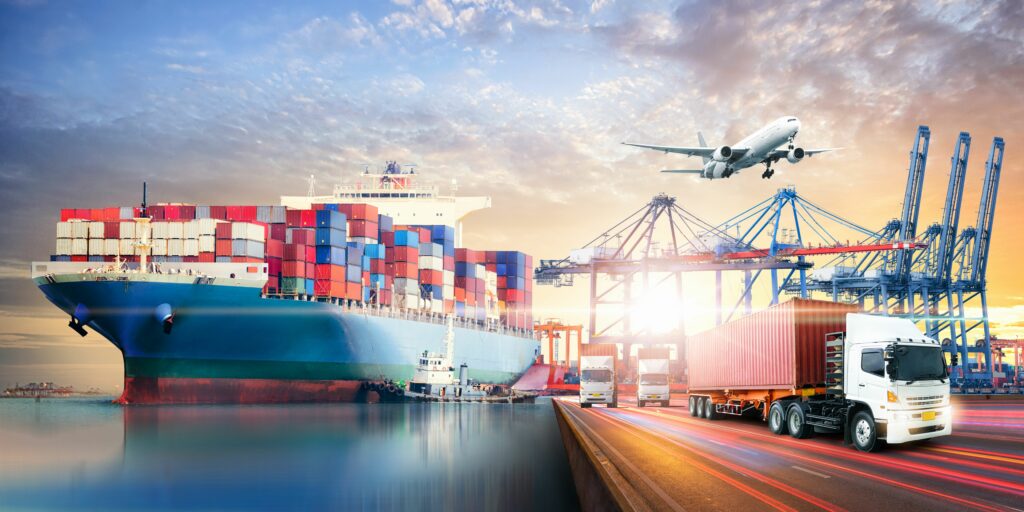
International Logistics
If you’ve ever considered expanding your expertise in the dynamic field of logistics and supply chain management, now is the perfect time to take the plunge. Sign up now for an upcoming course:


